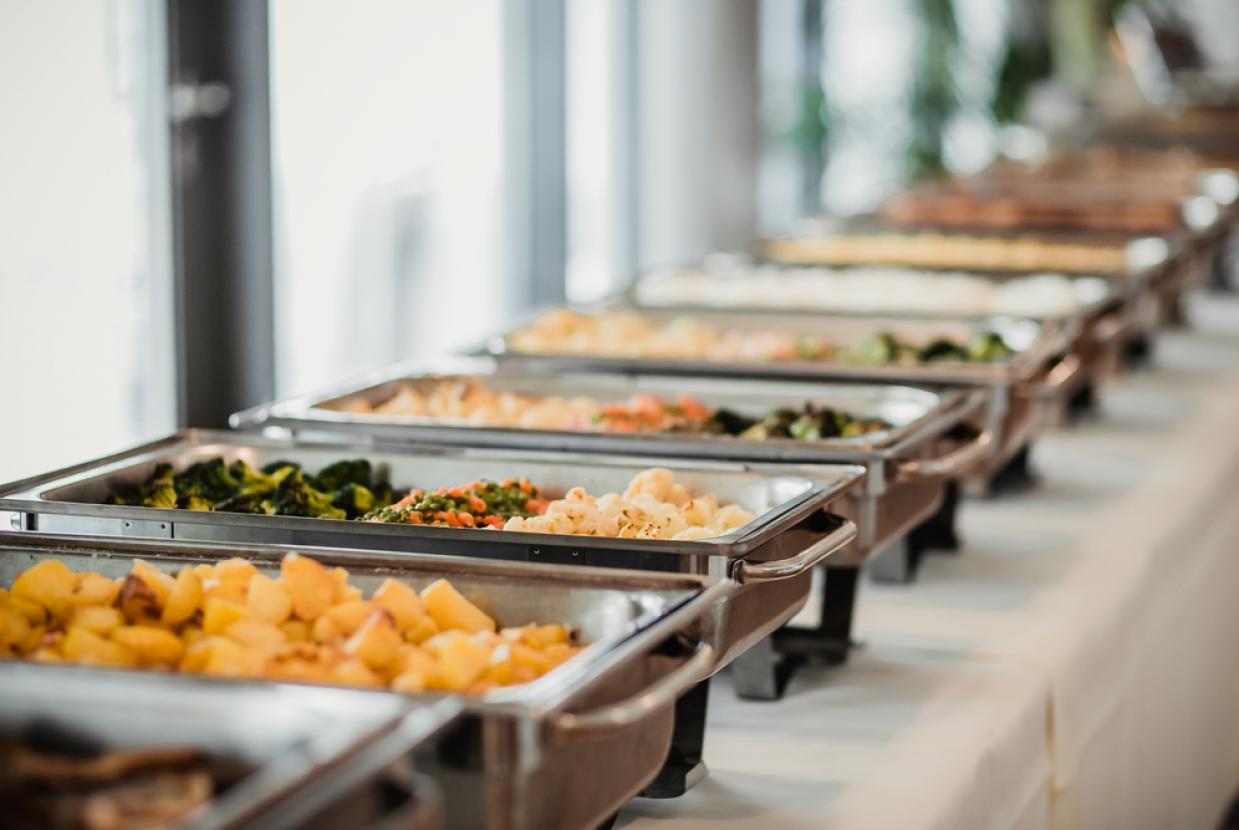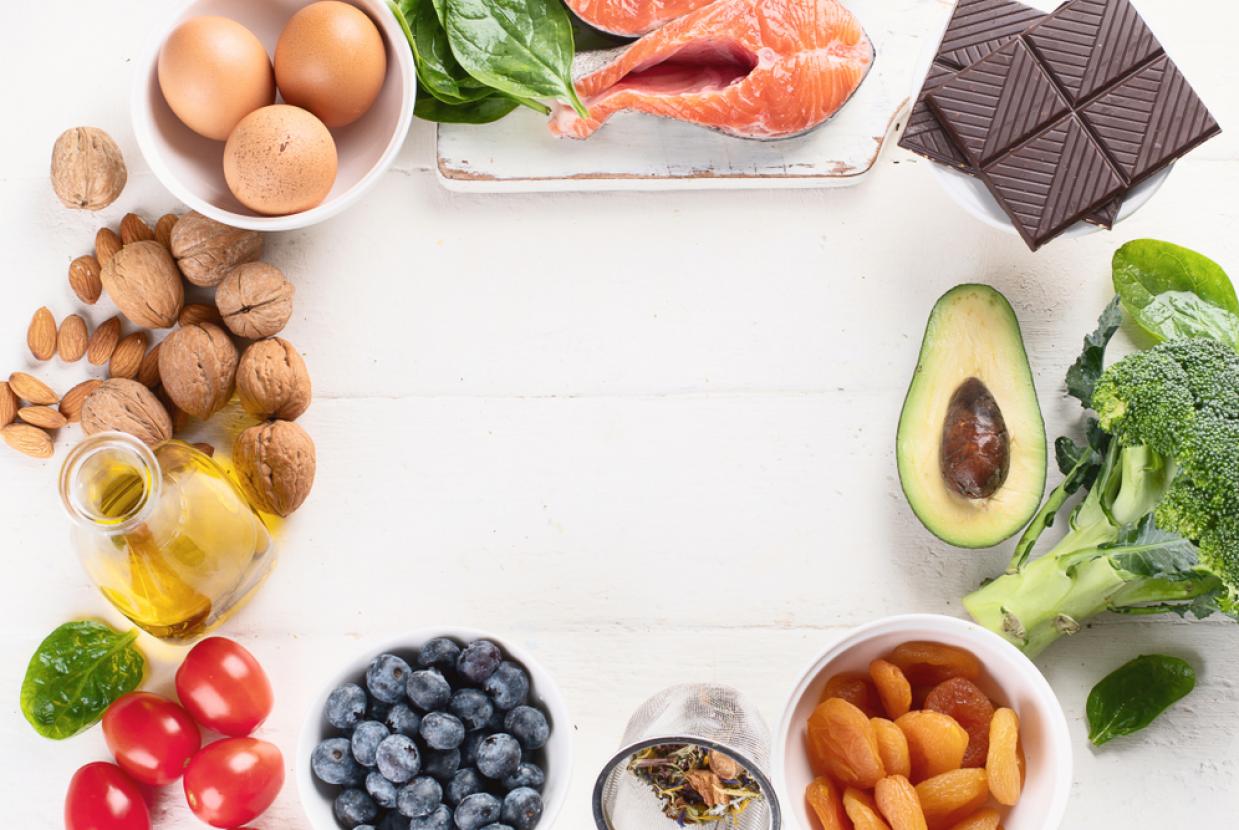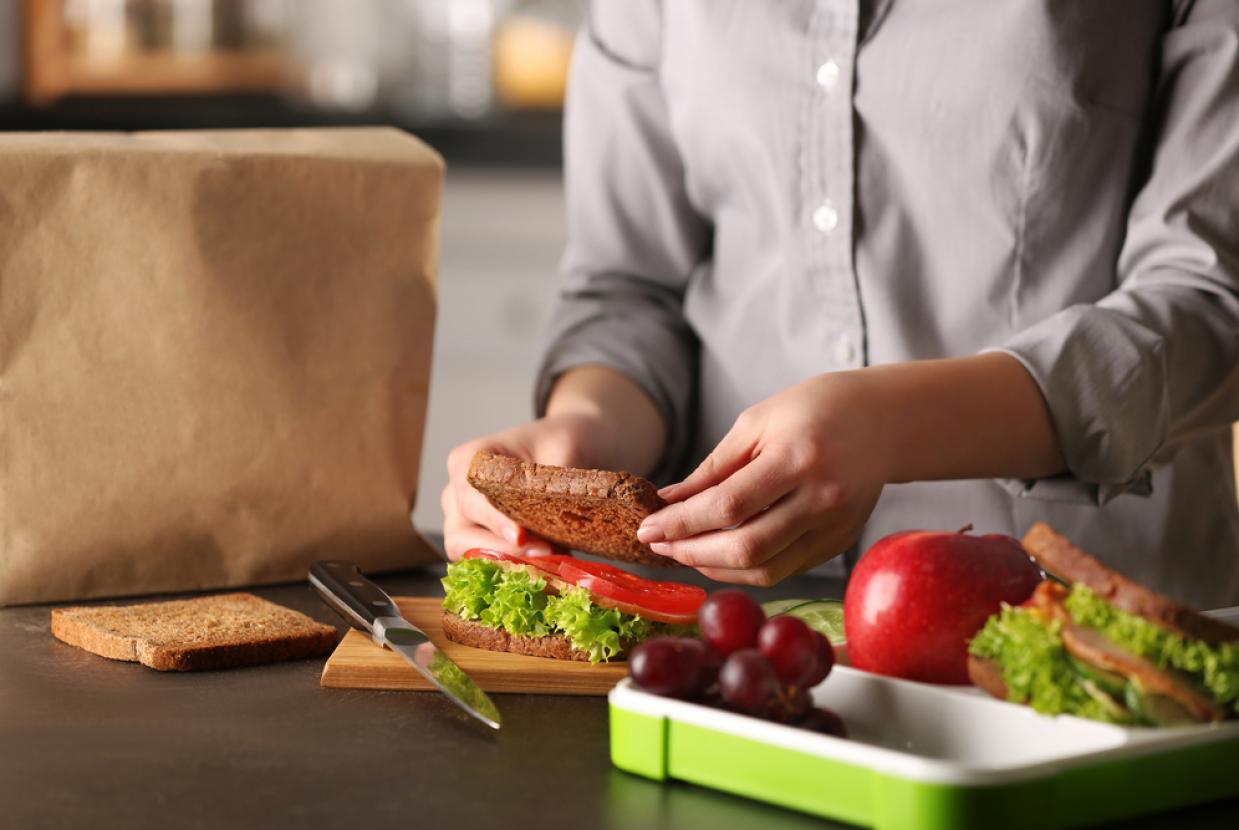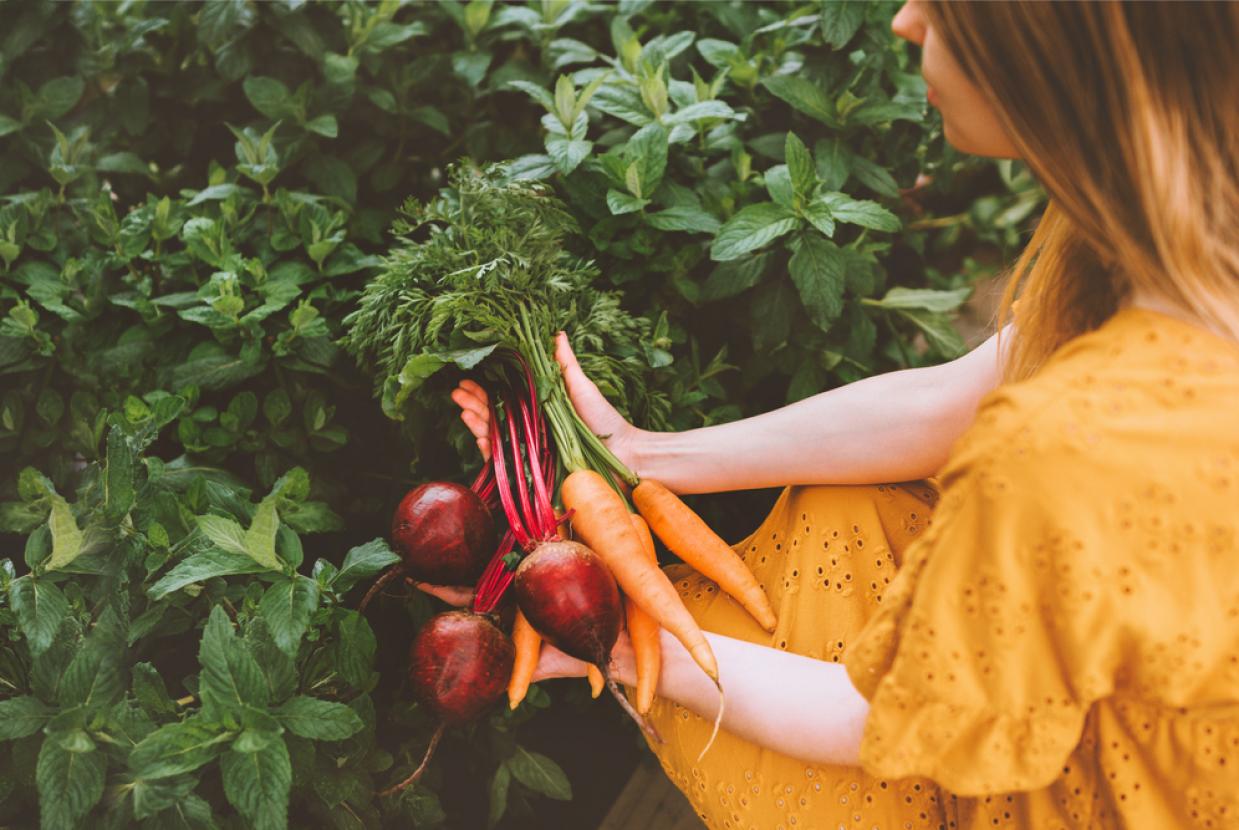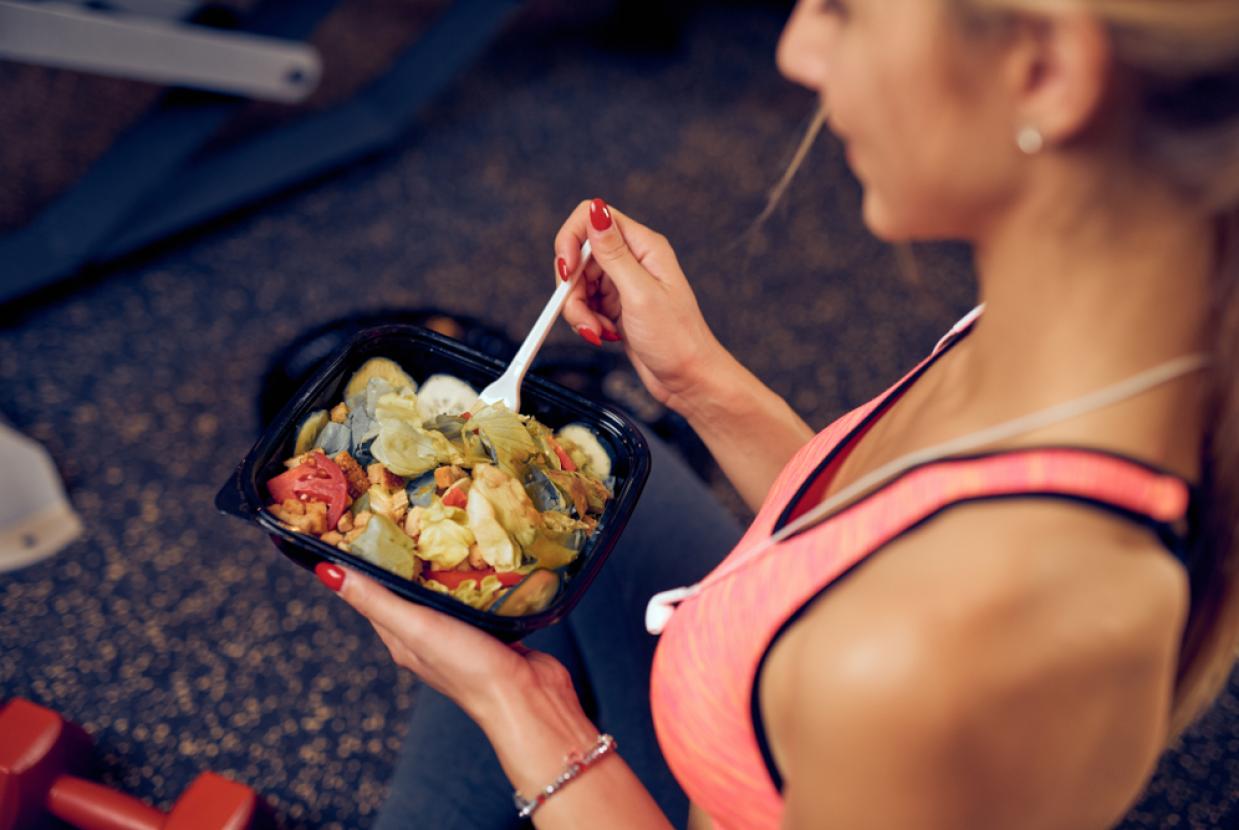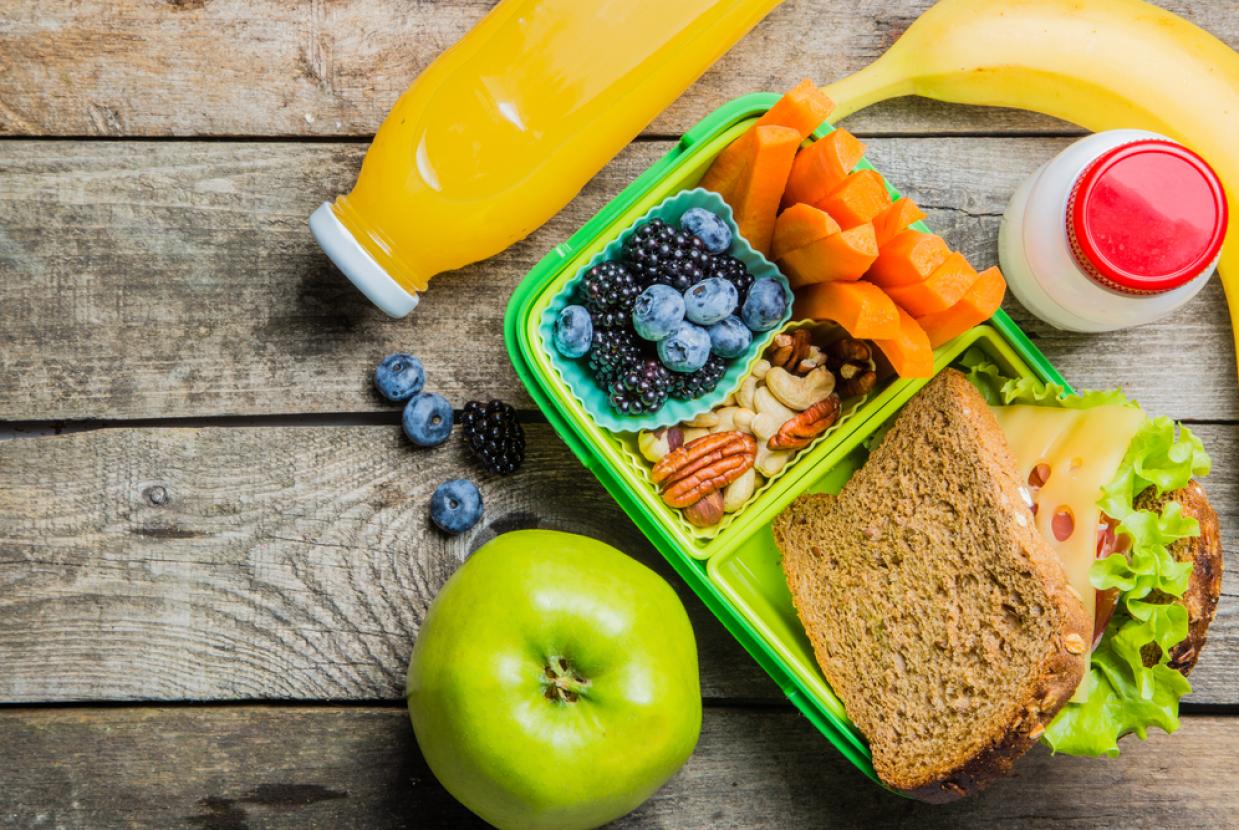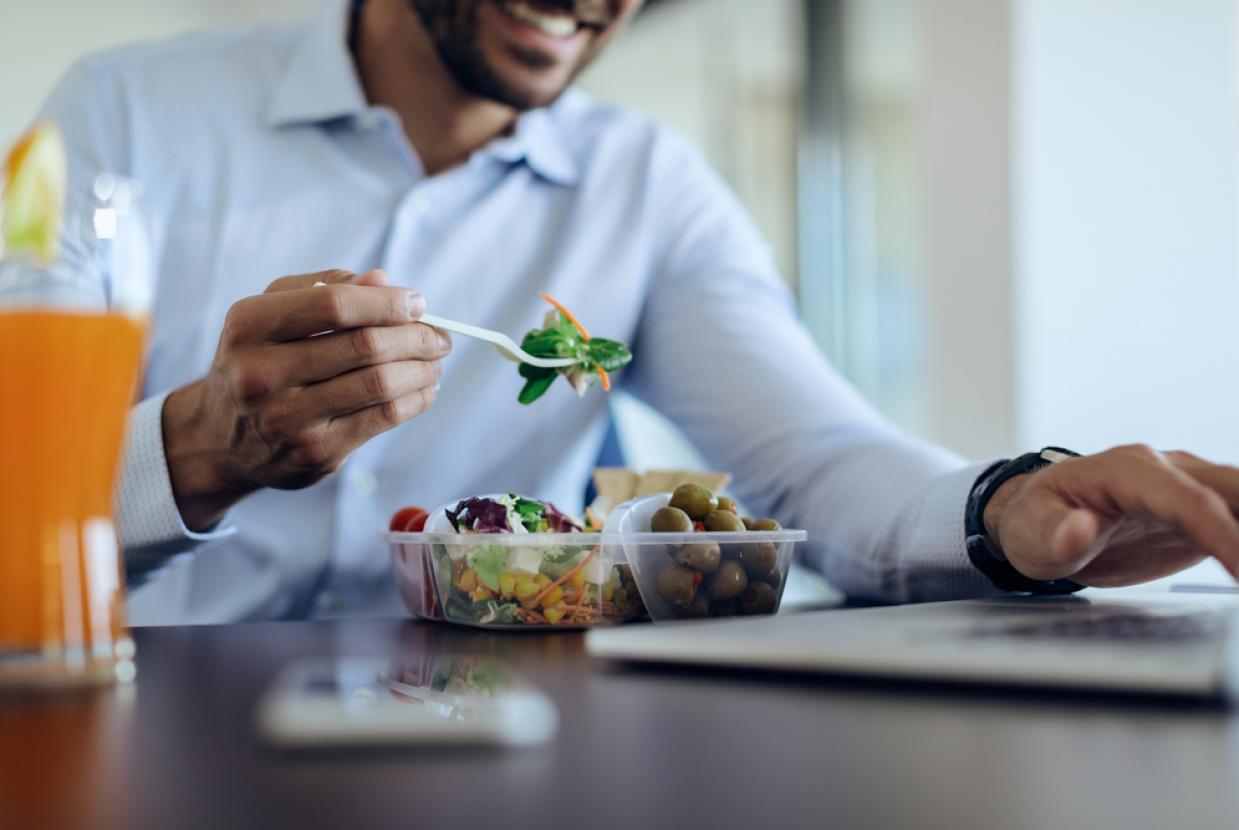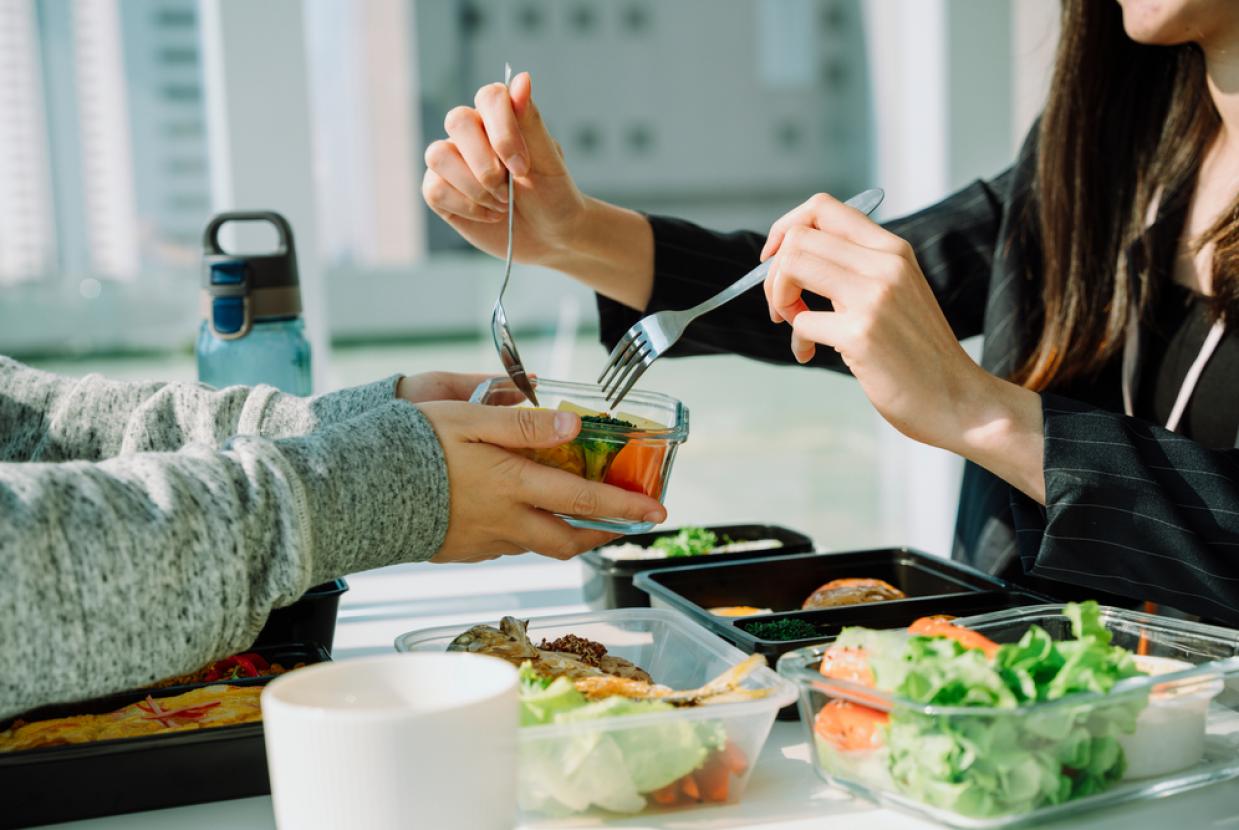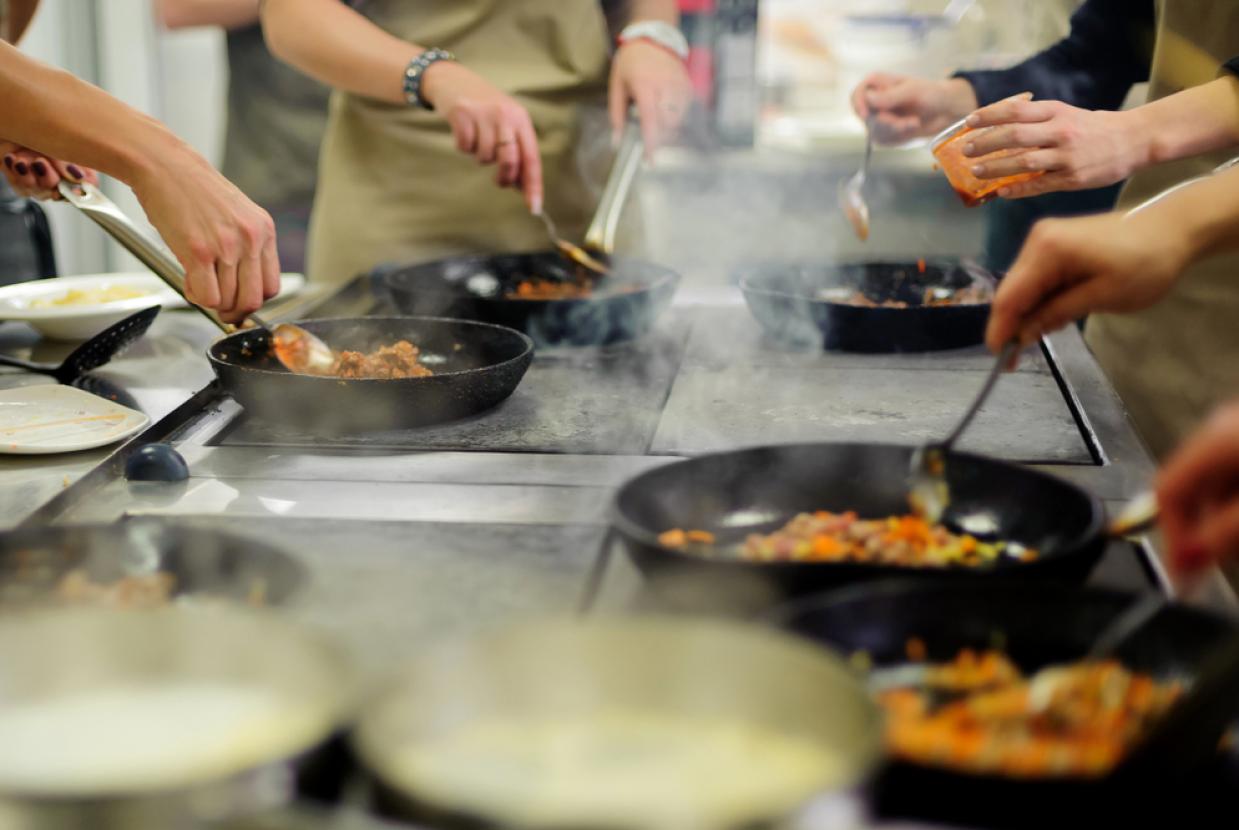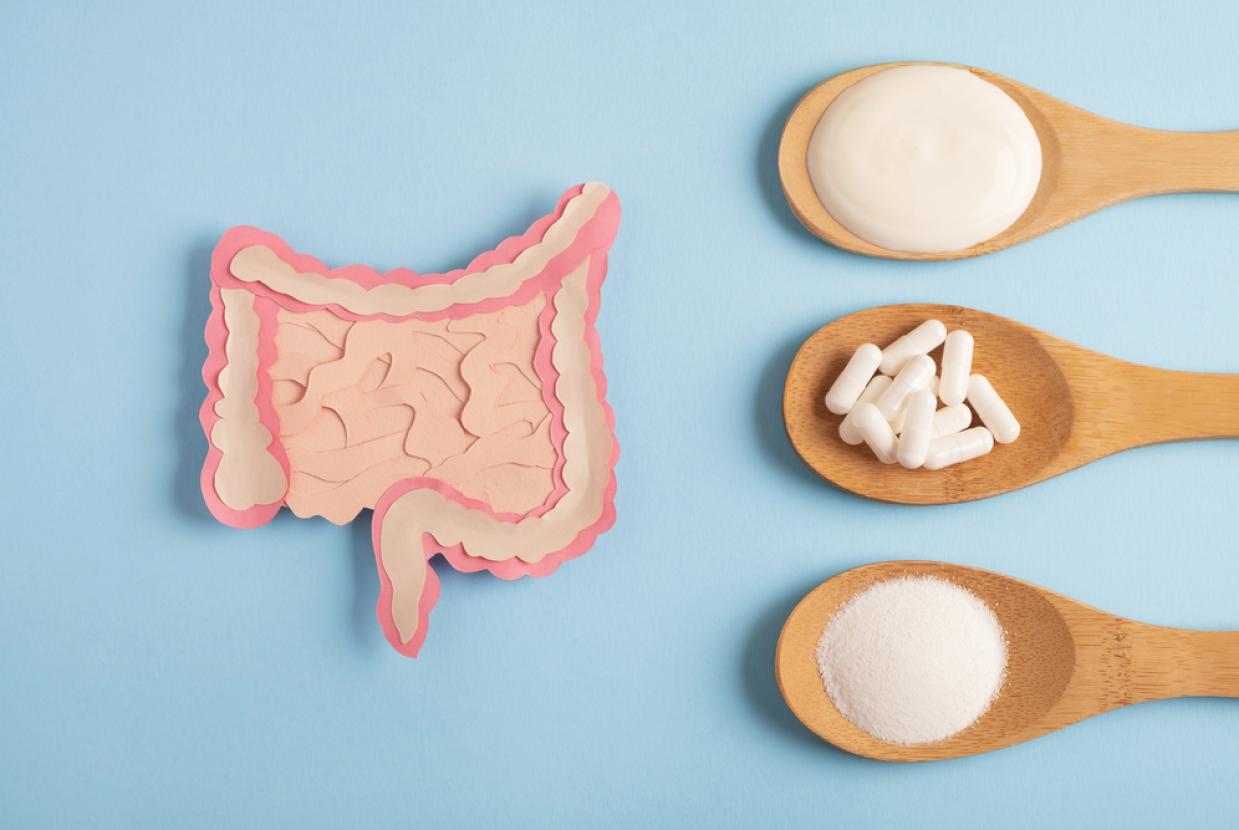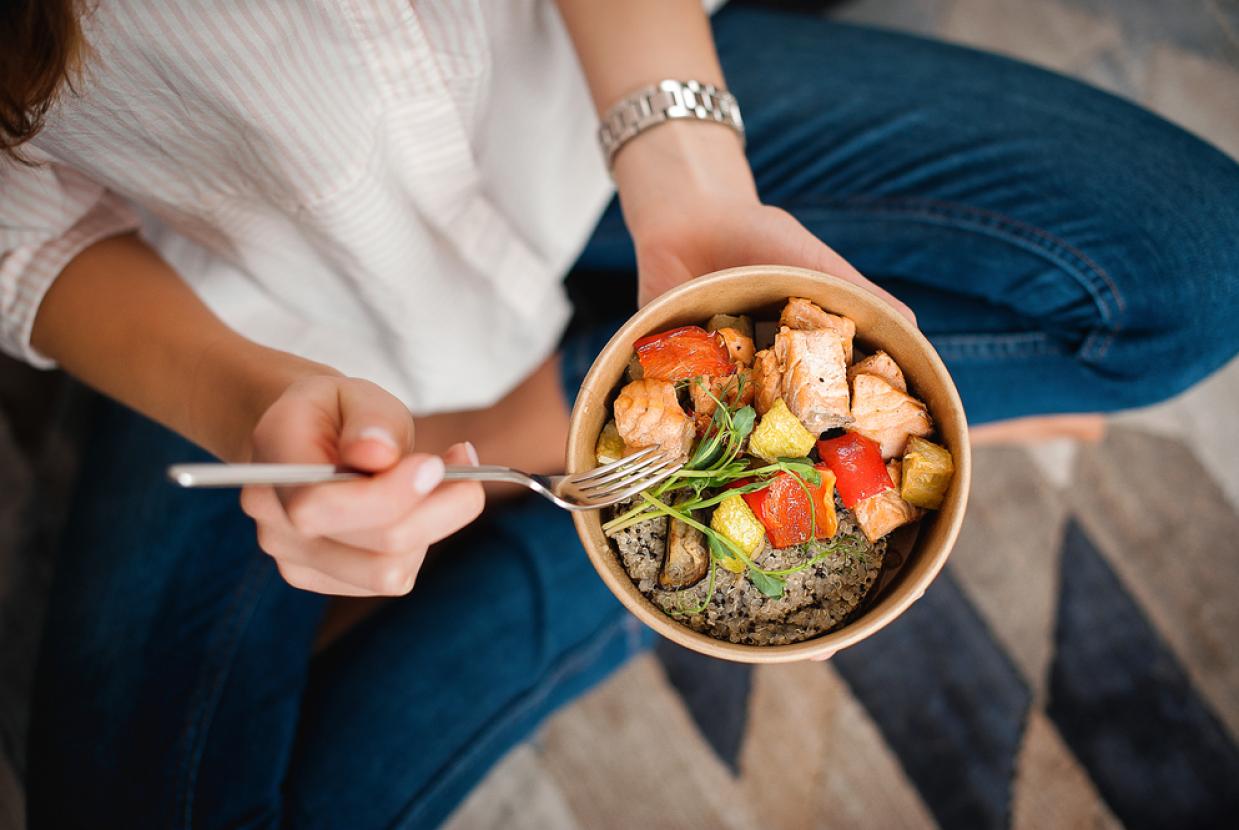20 Tips To Eat Well For Less
Healthy DietCan you eat healthily and save money? You bet your bottom dollar you can! Here are 20 tips to help you have your (low-fat) cake and eat it.
If cost is discouraging you from trying to make changes to your and your family's diet, read on: healthy eating does not have to cost more.
Write a shopping listDraw up a weekly meal plan using up ingredients you already have and make a shopping list of any missing items.
Try not to shop when hungry. People who shop when hungry are more likely to spend more, especially on less healthy foods, such as high-fat and sugary snacks.
Waste nothingThe average family with children throws away almost £60 of good food every month. Be strict about buying only what you'll actually eat.
Plan your meals so all the ingredients on your list get used. Freeze any unused food. Food storage bags and boxes will come in handy.
Eat leftovers for lunchCook extra portions for your evening meal so you can have the leftovers for lunch the next day.
Any leftovers can be frozen for another day. Eventually, you'll have a freezer full of homemade ready meals on tap.
Buy frozen
Frozen fruit and vegetables are underrated. They come pre-chopped and ready to use, are just as good for you (try to avoid those with added salt, sugar or fat), and are often cheaper than fresh varieties.
Frozen vegetables are picked at the peak of freshness and then frozen to seal in their nutrients.
Try cheaper brandsYou could save money by buying cheaper brands than you normally do.
There's not always much difference between value and premium ranges. Give it a go and let your taste buds be the judge, not the shiny label.
Eat more vegMeat and fish are typically the most expensive food ingredients on a shopping list.
How about adding vegetables to meat dishes like casseroles to make your meals go further? Or try a few vegetarian meals during the week to keep costs down.
Cook with pulsesPulses, such as beans, lentils and peas, are some of the cheapest foods on the supermarket shelf.
These pulses are low in calories and fat but packed with fibre, vitamins and minerals, and also count towards your 5 A Day.
Use them in dishes to replace some of the chicken or meat, such as a chilli con carne with kidney beans or a chicken curry with chickpeas.
Freeze leftover breadBread is one of the most wasted household foods. Reduce waste by freezing bread, preferably in portions (for convenience) and when it's at its freshest (for taste).
Store bread in an airtight container (such as a freezer bag) to avoid freezer burn.
Know your kitchenKnow what's in your kitchen store cupboard, fridge and freezer. You may find you have got enough ingredients to make a meal.
Plan your week's meals to include ingredients you have already got in and avoid buying items you already have.
Check use-by dates to make sure you use up ingredients before they go off.
Buy cheaper cutsIf you're prepared to take a little more time with your cooking, buying cheaper cuts of meat is a great way to save money.
Choosing a cheaper cut of meat, such as braising steak, shin or shoulder, does not mean missing out on a tasty meal.
Slow cooking gradually breaks down the fibres in cheaper cuts, giving great taste at a lower cost.
Look up cheap recipesCheap does not have to mean less tasty. There are plenty of websites offering recipes for cheap eats and leftover ingredients.
Eat smaller portionsTry eating smaller portions by saying no to a second helping or using smaller plates.
You'll have more left over for lunch the next day and your waistline may benefit, too.
Try weighing or measuring out staples such as pasta and rice when cooking to stay in control of portion size and reduce waste.
Cook from scratchSave money by cutting back on takeaways. Preparing and cooking your own meals is generally cheaper than buying a takeaway or a ready meal, and because it's easier to control what goes into your dish, it can be healthier.
Buy chicken wholeThe cheapest way to buy chicken is to buy a whole chicken. From a whole chicken, you'll get 2 breasts, 2 thighs, drumsticks and wings, plus a carcass for making stock.
Consider using the deli counter for cheese and cured meats. You can get exact amounts, which is cheaper and less wasteful.
Compare pre-packed with looseFruit and vegetables sometimes cost more pre-packed than loose.
Check the price per weight (for example, £/kg). Stores know that consumers want to buy in bulk, so they mix it up: sometimes the packed produce is cheaper, sometimes it's more expensive.
Also, pre-packed is not always the freshest and you may end up with more than you need.
Cut down on luxuriesIf your regular shopping basket tends to include fizzy drinks, crisps, snack bars, biscuits and cakes, try trimming down on these non-essential items.
Many of these are high in sugar and fat, so you'll be doing your waistline and your bottom line a favour. They can also contain a lot of salt.
Think about cheaper and healthier alternatives, such as sparkling water and fruit juice instead of cola, or fruit and plain yoghurt.
Beware of BOGOF offersSpecial discounts, such as buy-one-get-one-free (BOGOF) deals, can offer good value, but be careful.
Only buy items you actually need and are likely to keep and use. Tinned or frozen fruit and veg, or rice and pasta, are good examples.
Markdowns on perishables at the end of the shopping day are another way to bag a saving.
But make sure the item gets used before the use-by date and does not go off sooner than expected.
Toddlers eat the sameIf you have a toddler in tow, get them used to eating the same meals as you instead of relying on costly pre-prepared toddler food.
Simply blend or chop up their portion to suit their age and freeze extra child-sized portions for later.
Make sure not to add any salt to their portions, and be careful with spicy food.
Shop onlineSearch for supermarket price comparisons that let you select a basket of products and then choose the cheapest supplier. The price differences can be significant.
Unlike going to the shops yourself, you'll know how much you have spent before going to the till, which can make it easier to stay within budget.
Shop during the 'happy hour'Most supermarkets discount fresh items towards the end of the day.
But with longer opening hours, it's a case of finding out just the right time to grab those bargains.
If you time it right, the "reduced to clear shelves" can save you big money. Always check use-by dates.




